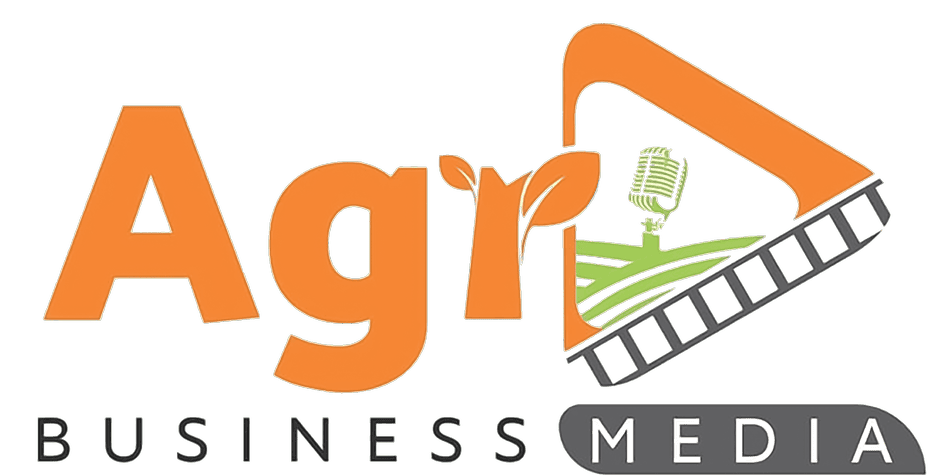Efficient beef production is not only about raising cattle but also about managing herds effectively to achieve maximum productivity. One of the critical aspects is designing a sound production strategy, especially concerning the timing of calving. This article explores the benefits and considerations of calving just before the rainy season, emphasizing key goals such as stabilizing herd numbers, optimizing weight management, improving reproductive performance, minimizing mortality, and preserving grazing quality.
1. Stabilizing Herd Numbers
To ensure consistent resource utilization and operational efficiency, it’s essential to minimize fluctuations in the number of animals throughout the year. While the rainy season temporarily increases herd size due to calving, selling slaughter-ready stock at the season's end helps stabilize numbers. This balance ensures that grazing capacity and management efforts remain consistent during drier periods.
2. Optimizing Weight Management
Seasonal weight gain and loss significantly impact the profitability of beef production. A well-planned strategy focuses on maximizing growth during the wet season when forage is abundant and minimizing weight loss during the dry season. Aligning calving before the rains allows calves to benefit from optimal grazing conditions, leading to healthier and more robust animals.
3. Enhancing Reproductive Performance
Reproductive efficiency is a cornerstone of successful beef production. A higher calving percentage directly influences herd composition and the number of saleable animals.
With a higher calving rate, farmers can maintain fewer cows while generating more animals for sale, boosting overall profitability.
4. Minimizing Mortality
Every animal loss represents a significant economic setback. A sound calving strategy includes proactive health management, such as vaccination and disease control, to reduce mortality rates.
5. Preserving and Enhancing Grazing Quality
Sustainable grazing practices are vital for long-term productivity. Maintaining pasture quality ensures that cattle have access to nutritious forage year-round, supporting growth, reproduction, and overall health. Strategies may include rotational grazing, reseeding, and preventing overgrazing.
Conclusion
Calving before the rainy season offers numerous advantages, from maximizing growth potential to optimizing herd composition. However, success depends on meticulous planning and execution of a well-rounded production strategy. By stabilizing herd numbers, optimizing weight management, enhancing reproduction, minimizing losses, and protecting grazing lands, farmers can achieve sustainable and profitable beef production.
Such strategies not only align with best practices in livestock management but also contribute to the broader goal of resilience and efficiency in agriculture.

